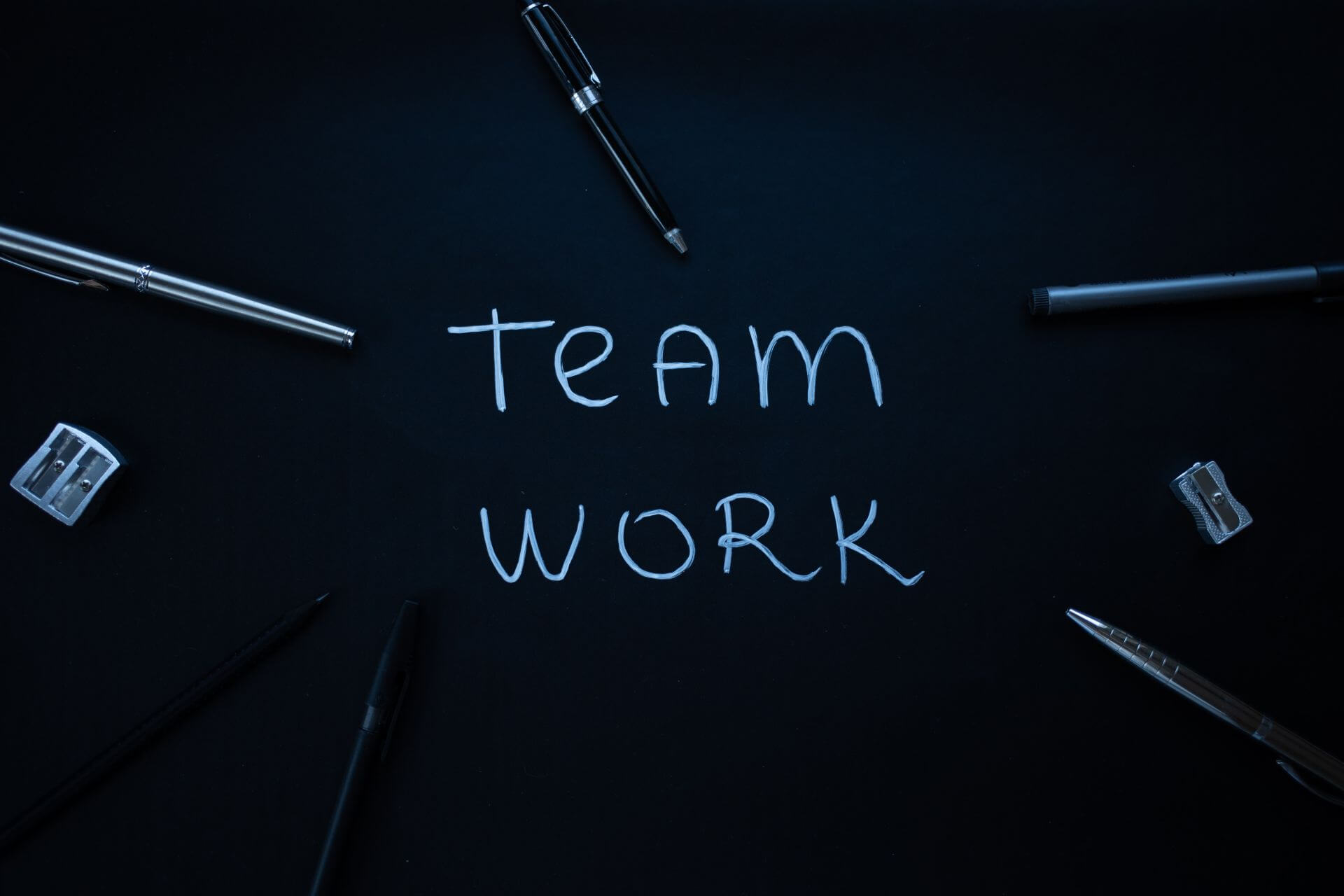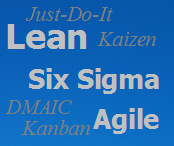What Teamwork Skills should Be Acquired During Training

Teamwork isn’t just a workplace buzzword; it’s a life skill. It’s what happens when folks come together to tackle common goals. But hold up, it’s more than just throwing folks in a room – it’s a skill set that can be learned and perfected through a hassle-free employee training program.
While many companies have embraced team building exercises, few harness the full potential of teamwork. If you are looking to get the best from your team, this article is for you. Here, we will discuss the teamwork skills that can light up your personal and professional life.
If you find yourself occupied, it’s the perfect moment to run a search to “pay someone to write my paper” to peruse our comprehensive guide and enhance your institution’s teamwork skills.
Teamwork Skills Unwrapped
Teamwork skills are the secret sauce for effective collaboration. They’re a mix of people skills, communication finesse, and the ability to play nice with others. These skills are your toolkit for tackling complex challenges and reaching those finish lines. Let’s break them down:
Effective Communication: The Magic Key
Think of effective communication as the magic key to teamwork. It’s not just about talking; it’s about talking smart. Here’s how it rolls in a team:
- Active Listening: Ever been in a conversation where someone’s talking, but no one’s really listening? In a team, active listening means tuning in to your teammates, understanding their feelings and ideas, and asking questions when needed.
- Clear Articulation: Talking is half of the game, but speaking clearly is where it counts. Expressing your thoughts in a straightforward way ensures everyone’s on the same page.
- Non-verbal Communication: Sometimes, words alone won’t cut it. Body language, facial expressions, and even tone of voice can make a huge difference in getting your message across.
Collaboration and Cooperation: Teamwork’s Backbone
Now, let’s talk about collaboration and cooperation. These are the backbone of teamwork, the gears that keep the machine rolling:
- Shared Responsibilities: Think of it like putting together a puzzle – each piece (team member) has its place. Dividing tasks based on strengths means everyone contributes effectively.
- Goal Setting: Imagine setting sail without a map. Not so great, right? Setting clear and doable goals gives your team a sense of purpose and direction.
- Respecting Diverse Viewpoints: Ever notice how a mix of colors makes a painting more interesting? The same goes for ideas. Encouraging diverse viewpoints can lead to more robust and innovative solutions.
Problem-Solving and Decision-Making: The Navigator
Teamwork isn’t all smooth sailing; you’ll hit some bumps. But that’s where problem-solving and decision-making skills come in:
- Critical Thinking: It’s like putting on your thinking cap. Look at problems from all angles, weigh the pros and cons, and make smart choices.
- Creative Problem-Solving: Sometimes, the usual solutions won’t cut it. Thinking outside the box can lead to innovative fixes.
- Consensus-Building: Ever heard of “majority rules”? Well, in a team, it’s about everyone agreeing on a solution. This keeps the team moving forward and minimizes conflicts.
Conflict Resolution: Handling Storms Gracefully
Conflict can be like a storm in the middle of your teamwork picnic. But you can weather it gracefully:
- Constructive Resolution: Instead of finger-pointing, focus on finding solutions. Address conflicts calmly and work together to iron things out.
- Effective Communication in Conflict: Express your feelings and concerns openly. And here’s the twist – actively listen to understand your teammates’ viewpoints.
Leadership and Followership: Two Sides of the Same Coin
Leadership and followership are like Batman and Robin – they need each other. Here’s the lowdown:
- Delegation: Effective leaders know how to delegate tasks based on their team’s strengths. They set clear expectations and deadlines to keep things running smoothly.
- Motivation: Leaders play a big part in keeping the team’s spirits high. Recognizing and celebrating your team’s efforts keeps morale up.
- Leading by Example: Whether you’re a leader or a follower, actions speak louder than words. Setting a positive example through your behavior is a big win for the team.
Adaptability and Flexibility: Rolling with the Punches
Change happens. Teams face unexpected twists and turns. Here’s how you can roll with the punches:
- Openness to Change: New ideas and approaches might pop up, even if they weren’t in the original plan. Being open-minded helps your team adapt.
- Role Flexibility: Sometimes, you need to switch roles within the team to tackle new challenges. Being adaptable keeps the team nimble.
The Importance of Training: The Practice Arena
Okay, now you’ve got the basics. But how do you turn these notes into a beautiful teamwork symphony? That’s where training comes in:
- Skill Development: Just like practicing an instrument or a sport, training hones your teamwork skills.
- Understanding the Game: Teamwork has its rules and strategies. Training helps you get the playbook and use it effectively.
- Safe Practice Environment: Remember the playground? Training is like a safe space to make mistakes, learn from them, and get better.
Effective Communication: More Than Just Talk
Effective communication is teamwork’s secret sauce. It’s what keeps things running like a well-oiled machine. Let’s dive deeper:
- Active Listening: When your teammates speak, really listen. Understand their emotions and ideas. Don’t be afraid to ask questions for clarity.
- Clear Articulation: When it’s your turn to speak, make sure your thoughts come out clear and concise. No jargon, no confusing sentences.
- Non-verbal Communication: Your body language, a smile, eye contact – they’re all part of the communication package.
Collaboration and Cooperation: The Teamwork Engine
Collaboration and cooperation are like the engine that powers your teamwork. Here’s the breakdown:
- Shared Responsibilities: It’s like assembling a puzzle. Each piece (team member) has a role, and together, you make the whole picture.
- Goal Setting: Imagine a soccer game without goals. Not much fun, right? Clear goals give your team direction and purpose.
- Respecting Diverse Viewpoints: It’s not about agreeing on everything; it’s about hearing different ideas and finding the best way forward.
Problem-Solving and Decision-Making: Navigating Challenges
Challenges will pop up. That’s where your problem-solving and decision-making skills shine:
- Critical Thinking: Look at the problem from all sides. Think about the solutions and pick the best one.
- Creative Problem-Solving: Don’t be afraid to think outside the box. Sometimes, the craziest ideas are the best.
- Consensus-Building: When everyone agrees on a solution, it’s like a team high-five. It keeps the peace and gets things done.
Conflict Resolution: Taming the Storms
Conflict happens, but it doesn’t have to sink your ship. Here’s how you can handle it:
- Constructive Resolution: Focus on fixing the problem, not blaming someone. Work together to find solutions.
- Effective Communication in Conflict: Express your feelings and concerns clearly. But here’s the kicker – listen carefully to your teammates too.
Leadership and Followership: The Dynamic Duo
Leadership and followership are two sides of the teamwork coin. Here’s how you can rock both roles:
- Delegation: Leaders, share the tasks based on your team’s strengths. Set the expectations and deadlines.
- Motivation: Leaders, keep the team’s spirits up by celebrating their wins. It’s like giving them a high-five.
- Leading by Example: Whether you’re leading or following, your actions matter. Lead with positivity and set a great example.
Conclusion: Weaving the Threads of Teamwork
In life’s grand tapestry, teamwork is the thread that weaves people together, making them more than the sum of their parts. Learning and mastering these teamwork skills isn’t just a skill acquisition; it’s a journey of growth, both personally and professionally.
The ability to work together is your passport to success in a world where teamwork makes the dream work. So, remember, it’s not just about skill; it’s about embracing the art of cooperation, communication, and synergy.











